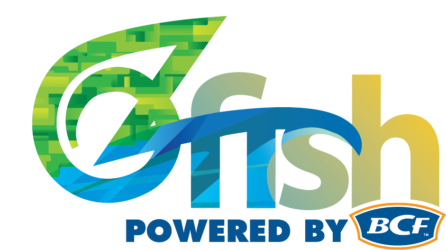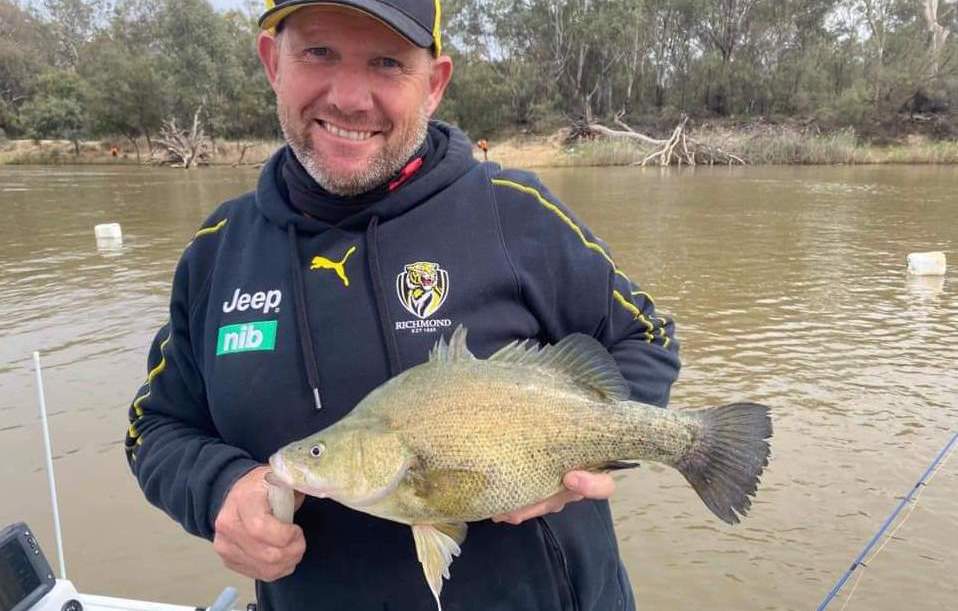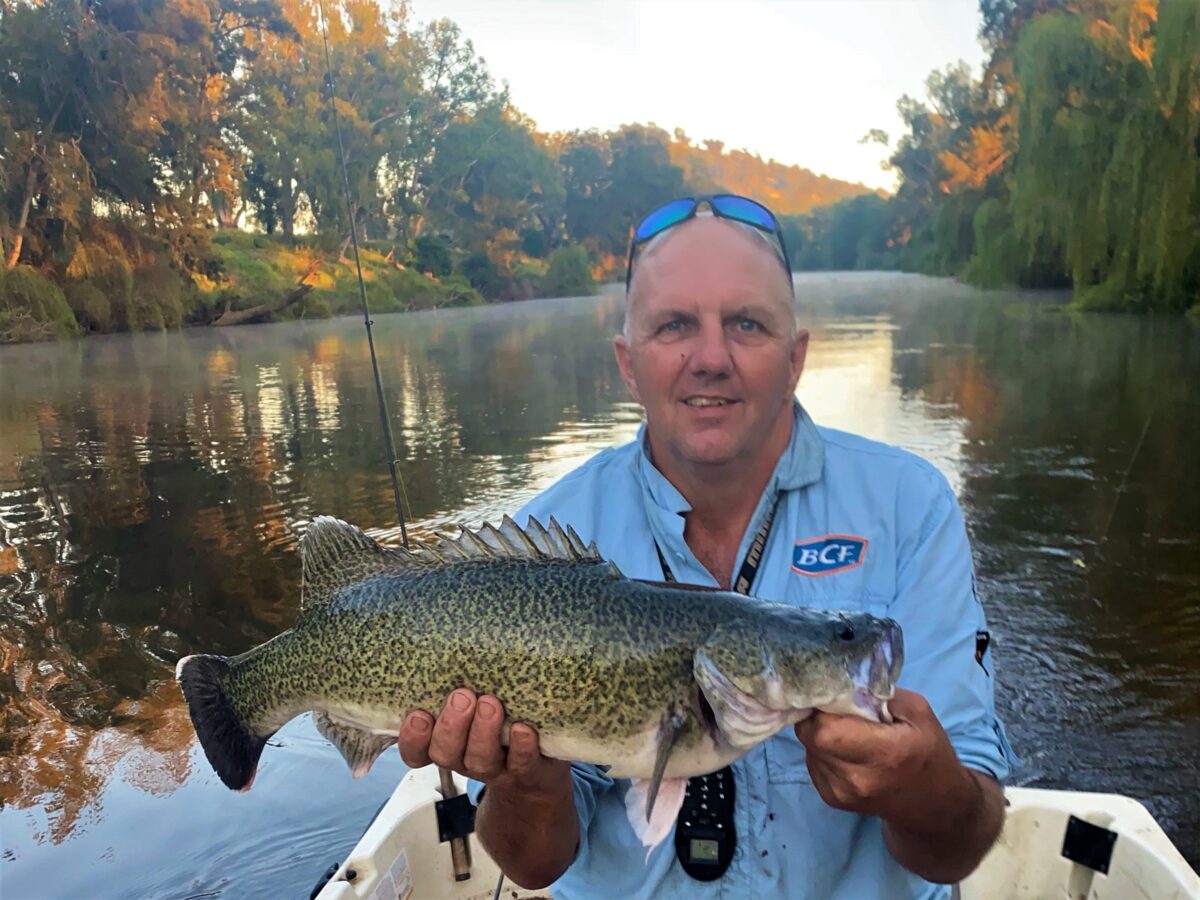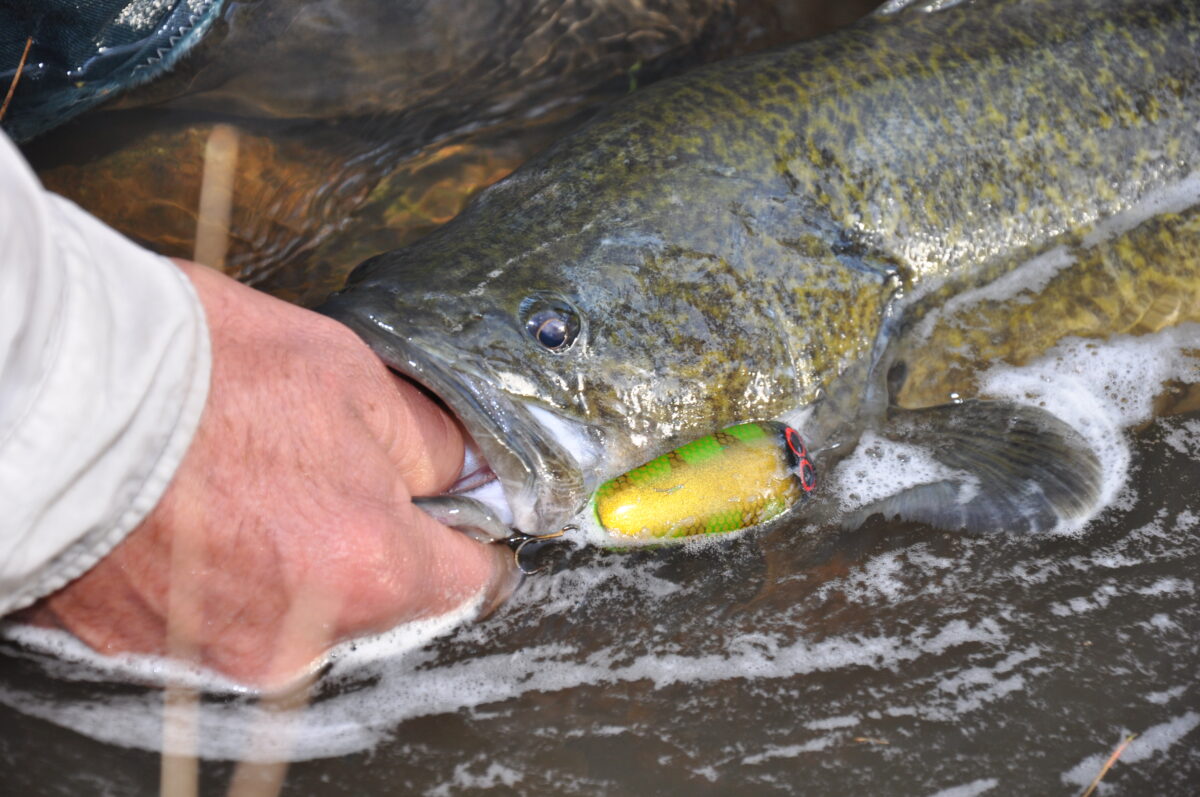OzFish launches first ever recreational angler tagging program across Murray Darling Basin
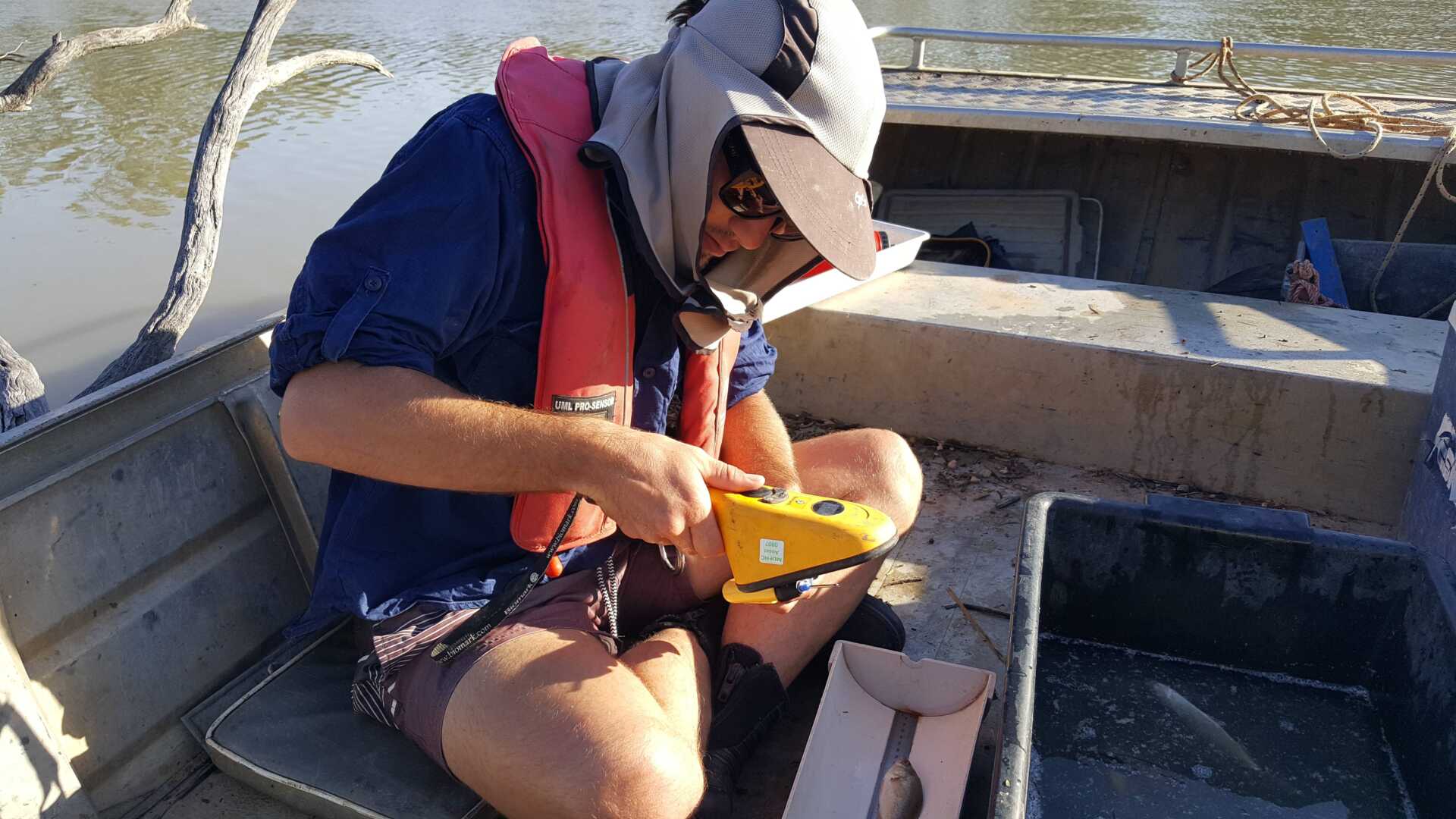
Recreational fishers are being given a golden chance to show how valuable they are in the Murray-Darling Basin as part of an innovative new fish tagging project.
For the first time, a program is entrusting freshwater anglers and river rangers with this important work.
OzFish Unlimited, together with Charles Sturt University researchers and First Nations groups will spearhead the program thanks to funding support from the Australian Government’s OneBasin CRC program and the NSW Recreational Fishing Trust.
OzFish are calling on recreational fishers to express their interest now online.
Volunteers will be required to complete specialist training on fish handling and will be taught how to implant the Passive Integrated Transponder (PIT) Tags with a special tool.
The first workshop will be held at Deniliquin on November 25 in collaboration with the Edward-Wakool Angling Association with further events scheduled to take place at Swan Hill and Mildura early in 2024.
Dr John Conallin who is supporting the project said tagging programs can provide a wealth of data on fish movement patterns, habitat preferences, population dynamics, mortality rates and more. Involving fishers and local communities in the program brings partnerships and ownership of both the research and outcomes.
“The data gathered will give us a long-term picture of where native fish are moving and perhaps not moving in the Murray Darling Basin. It is critical to help uncover where our energy and focus needs to be to help native fish.
Braeden Lampard, OzFish’s Senior Program Manager Murray Darling Basin believes it is about time inland recreational fishers were given this opportunity.
“Australia runs some of the largest and longest-running saltwater tagging programs in the world,” he said.
“They’ve been widely used for years with the support of recreational fishers, however for our freshwater anglers along the Murray Darling Basin, this is uncharted territory.”
In contrast to conventional tagging programs in saltwater environments, these tags are designed to emit signals or “ping” when the fish passes through a lock or fishway.
“Participating anglers will have the opportunity to access the data associated with the fish they tag,” Mr Lampard added.
The long-term goal is to utilise rec fishers and river rangers in long-term fish tagging programs across the Murray-Darling Basin, integrated into scientific programs as trusted partners.
OzFish is all about empowering volunteers to increase their capacity to participate in restoration activities which includes citizen science.
By upskilling it provides unique opportunities to achieve positive outcomes for native fish.
Fish tagging programs are a vital part of any fishery manager’s tools for assessing fish populations. Conducted properly, tagging can yield a wealth of information.
Community (citizen) science is a rapidly expanding field where millions of participants each year gather data on hundreds of topics ranging from the weather to water quality, threatened and endangered species, and such far-off topics as water bugs and environmental DNA.
And now OzFish has expanded the opportunity for our members to collect valuable data while doing the sport we all love, fishing.
Sign up now to participate in this project.
This project has been funded by the Australian Government OneBasin CRC program and the Next Generation Water Engineering and River Management Hub, the NSW Recreational Fishing Trusts and BCF – Boating, Camping, Fishing with support from Charles Sturt University, recreational fishers, and First Nations groups.
